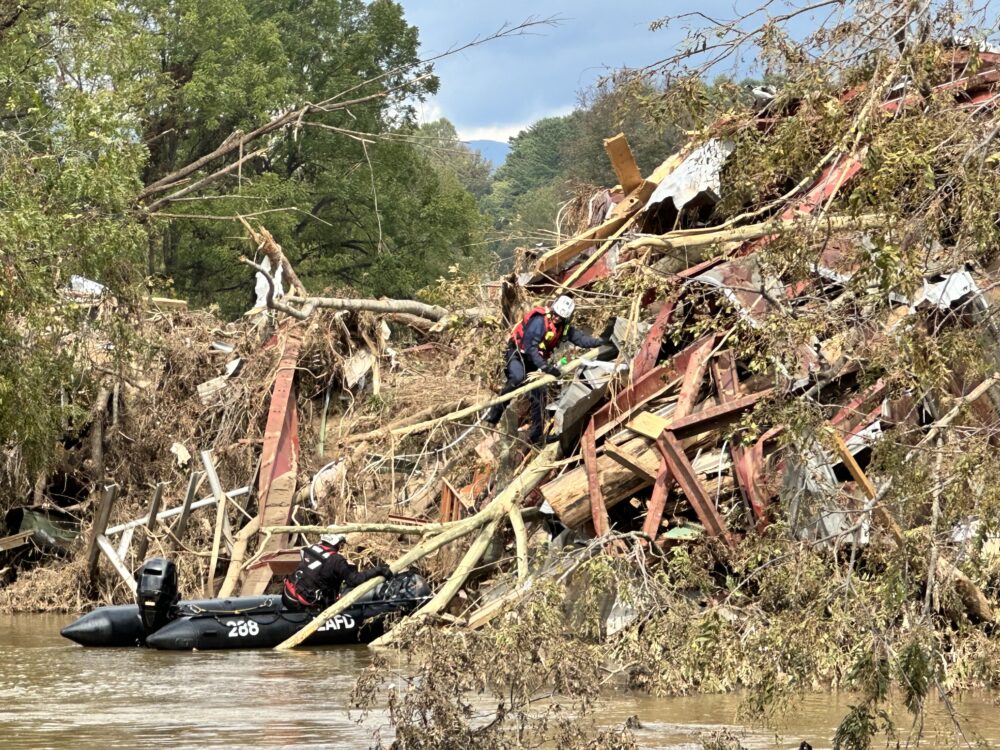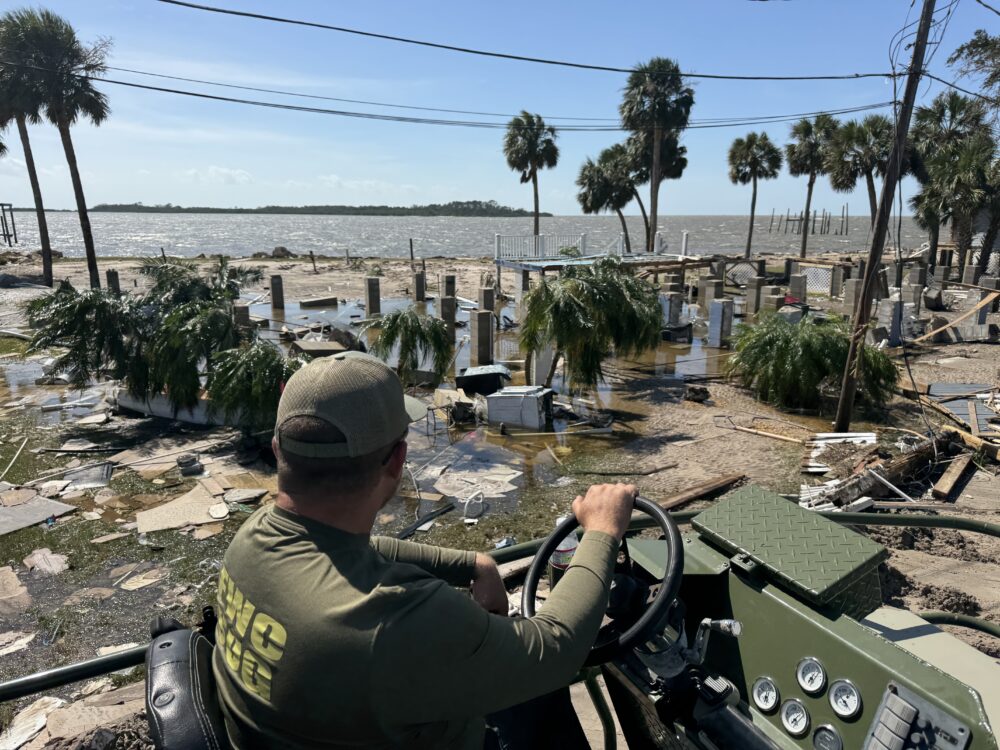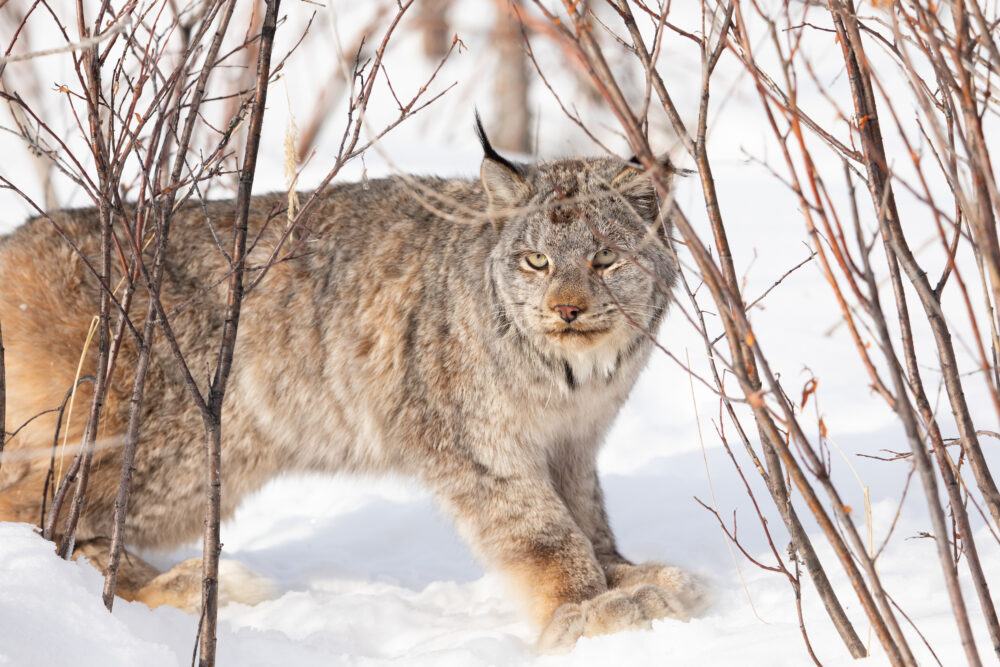We have much more to do and your continued support is needed now more than ever.
President Now Has Information Needed to Deny Keystone XL
Today, the State Department released its long awaited environmental review of the controversial Keystone XL tar sands export pipeline. The State Department’s report for the first time acknowledges that the Keystone XL pipeline has significant climate impacts, and could cause the equivalent carbon emissions of up to almost 6 million new cars being put on the road. With the release of this report, President Obama now has what he has needs to reject this boondoggle pipeline.
This study is just the beginning of the final review process. It is not the decision. The State Department’s release of this report initiates a larger review process where the President and Secretary Kerry must look at all the facts, listen to other agencies, and decide whether this pipeline is in the “national interest.” In addition to acknowledging climate impacts, the study confirms tar sands is much more polluting than regular oil.
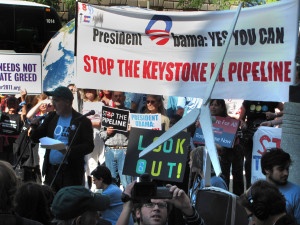
Keystone XL Fails President Obama’s Test
President Obama has made clear that climate change is a major threat we need to address and that he will reject Keystone XL if it “exacerbates the problem of carbon pollution.”
The Keystone XL pipeline exacerbates climate change and should be denied. There is near universal agreement, including among industry officials and Canadian proponents, that Keystone XL’s approval is a lynchpin to massive tar sands expansion. James Hansen is among numerous scientists to have declared such an expansion will essentially mean game over for the planet. Even investors like Goldman Sachs have recognized that without KXL, tar sands expansion plans will be slowed.
Additionally, federal agencies with climate and wildlife expertise like the EPA and the Department of Interior have expressed serious concerns about the pipeline.
Tar sands expansion has also turned Canada from climate champion to climate villain. It will see emissions soar 38 percent by 2030 if tar sands pollution is allowed to occur. This is the chief reason Canada withdrew from its Kyoto obligations.
A Bad Deal for America and Wildlife
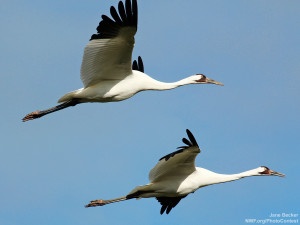
- It will largely be an export pipeline through America, not to America. The State Department has failed to find to it will result in meaningful permanent job creation, energy “security,” or lower gas priced. Indeed, it will likely increase gas prices by manipulating supply here at home.
- It poses enormous spill risks of nearly impossible to clean up tar sands oil in America’s heartland, putting at risk the vital Ogallala aquifer that supplies the Great Plains with most of its water and countless communities and rivers along the way.
Additionally, it will spur more tar sands mining and drilling, which threatens to lay waste to North America’s bird nursery by devastating and poisoning an area the size of Florida that is used by 190 species of internationally protected bird species, including the critically endangered whooping crane.
A new poll shows support for the pipeline eroding as the public learns more. Americans are facing increasingly severe and damaging weather events like Hurricane Sandy and wildfires, while watching communities in Michigan and Arkansas be decimated by oil spills. They are grasping the costs of dirty, carbon polluting fuels and want a better future.
Meeting the Challenge of Tackling Climate Change for Our Children
In his State of the Union speech to the nation, President Obama reiterated his commitment to addressing climate change:
[T]he debate is settled. Climate change is a fact. And when our children’s children look us in the eye and ask if we did all we could to leave them a safer, more stable world, with new sources of energy, I want us to be able to say yes, we did.
The President along with Secretary Kerry must now decide on Keystone XL. They must look at all the facts. And the facts are clear: Keystone XL is not in the national interest.










